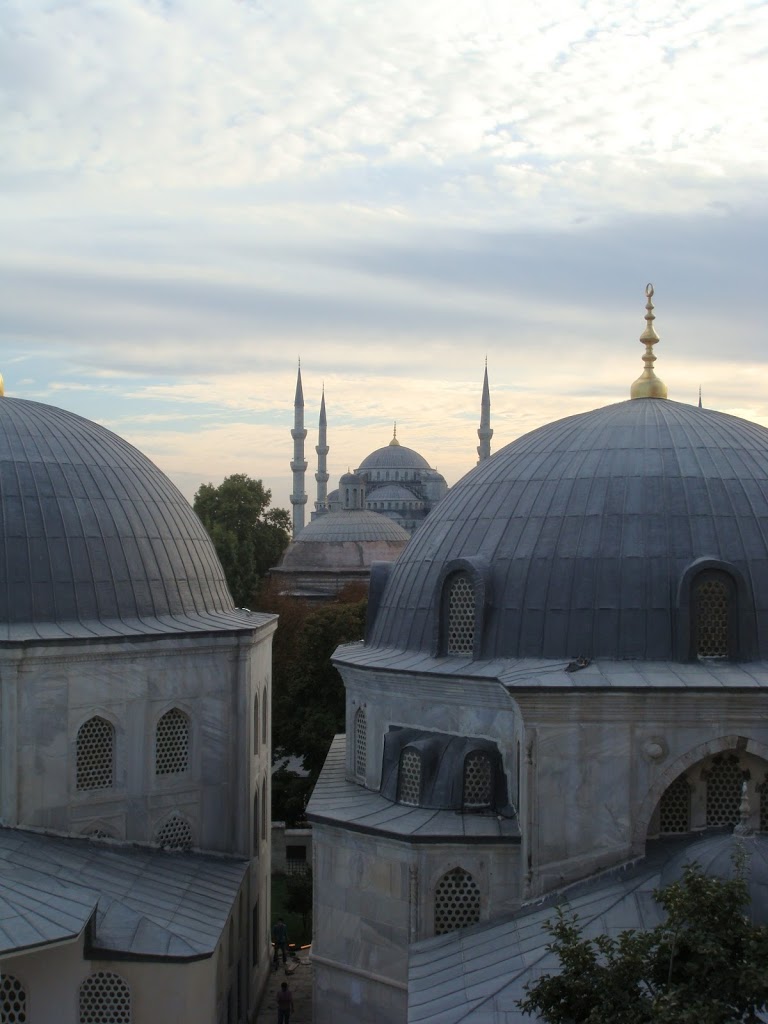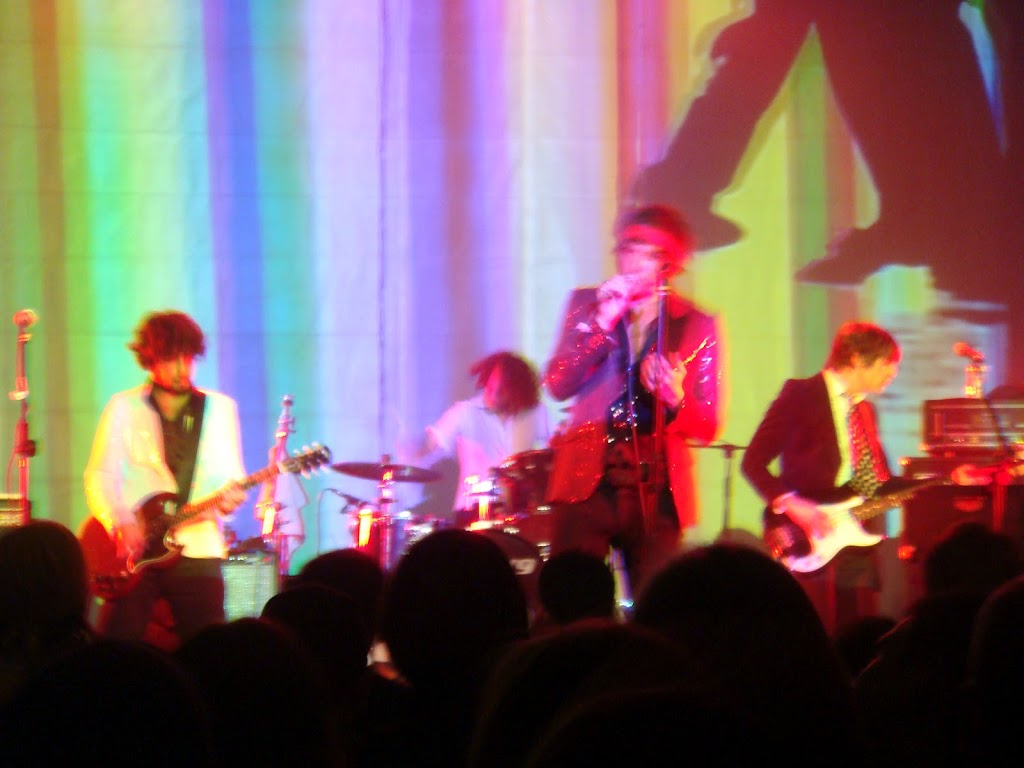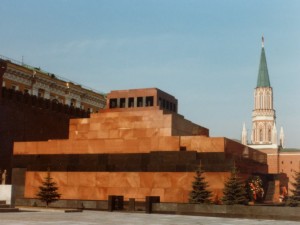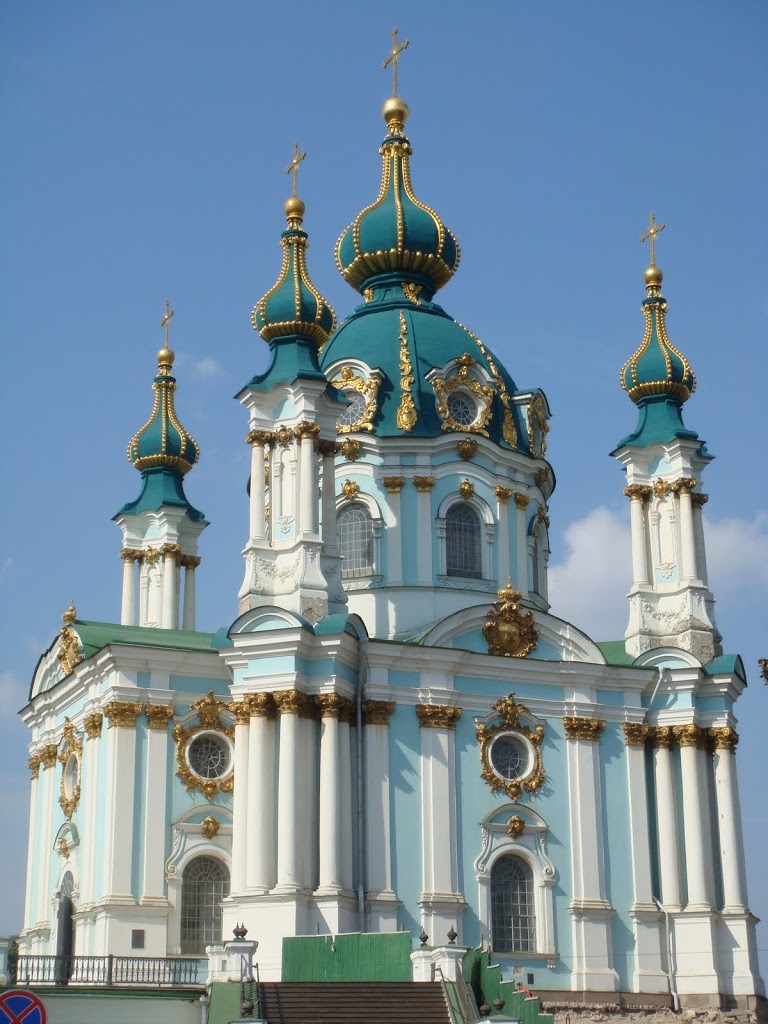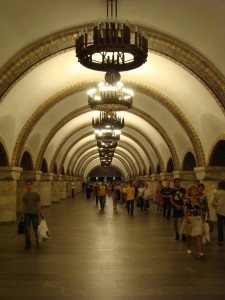(Originally published in The Greenwich Citizen)
Backpacking, for all its wonders, can be tiring. I took refuge from hostel beds and train bunks at an old friend’s house in northern Sweden at the beginning of September. Philip, who sang with me in the Christ Church Choir, has just moved back to his mother’s hometown of Östersund, a little more than halfway to the arctic circle from Stockholm. It was a wonderful opportunity to sit back, hammer out some job applications, and revel in those things I never realized I was taking for granted: drinkable tap water, toilets with seats, and relatively unpolluted air.
Sweden, at least in the summer, is pretty close to paradise. I don’t like to think of what it would be like in winter, though everyone around here says it’s most beautiful in the twilit snowy months when the sun only shines from 11am-2pm. I am not cold lover. The ninth circle of hell, according to Dante, is not the inferno of popular imagination but a ring of ice, where Satan suffers in deep freeze for all eternity. That was pretty much my experience of Boston in January and February. I have no desire to go somewhere even colder.
But back to the summer. It’s clear, cool sometimes, and starkly clean. Old barns in romantic states of disrepair dot the hillsides and the lakes – everywhere, lakes! – never seem to stop sparkling. It’s a bit like northern Michigan except the roadside greasy spoons are replaced by artisinal cheese shops and gourmet bakeries. You can’t have everything.
We went mushroom hunting in the mountains on my first day. Philip’s mother insisted that we talk loudly to scare off any bears that might be in the area. I thought this was a bit silly until we came upon a large pile of recently produced bear droppings. I then had a flashback to Werner Herzog’s ‘Grizzly Man‘, a documentary about a man who observed Alaskan grizzly bears. He thought they had accepted him into his pack until one ate him alive. We began singing nervously, then raucously, imitating opera singers and post-menopausal community choir members with uncontrolled vibrato.
I spent more than a week being coddled by my surrogate mother’s home cooking and broadband internet, but all good things must come to an end, and so I headed south on the 7th September. I spent a night in Uppsala, a medieval university an hour outside Stockholm, with an old friend named Viktor, who did a year abroad at Greenwich High School back in 2001. Other than Viktor, I’d never met a foreign-exchange student before I got to Harvard, which was full of both internationals who had spent years at public schools in the US and Americans who had studied abroad. I’m not sure why foreign exchange is so uncommon in Greenwich, and I think it should change. I fully appreciate that the Greenwich Public Schools offer an excellent education, one that I profited from for thirteen years. But there are millions of intangible things one can gain from time abroad: sensitivity to people of different cultures, gratitude for the smoking ban (a stray cigarette burned a hole in my favorite scarf in the Kiev airport), awareness of the kind of hurdles and benefits that affect people living in different parts of the world.
Spending serious time abroad is different than being well-traveled. Going to a lot of exotic destinations doesn’t necessarily mean you have learned about another culture, as any college student on their way back from Cancun can tell you. A semester or a year are better for observing and, eventually, absorbing the rhythm of life of another culture.
If you’ve already graduated from high school or college, or if time or money constraints make travel difficult, there are other ways to branch out: take couchsurfing. Couchsurfing is sort of like hitchhiking for apartments. Open-minded people who have a spare bed or room can create a profile on couchsurfing.org or its sister site hospitalityclub.org, and travelers can send requests to ‘surf’ for a night or several. An essential tenet of the community is that you are not to pay for the privilege, or demand payment: it is meant to be an opportunity for cultural exchange or simple altruism. While the potential for abuse is remarkable – the host is giving a set of keys to his/her apartment to a stranger, the hostee is putting his/her personal safety at risk by staying in a stranger’s home – reports of abuse have been few and far between. And it’s not just a young hippie thing. Though the majority of surfers and hosts are in their twenties and thirties, a growing number of retirees and empty nesters are opening up their homes. I’ve used the service to sleep for free in Burgos, Moscow, Stockholm, and now Kiev, and never had the slightest problem: on the contrary, I’ve made some very good friends.
Standard protocol is that you send out five requests a few days before you arrive. One or two won’t get back to you, one or two will be busy or out of town, and hopefully, one or two will offer their couch. My host in Stockholm was Meysam, a twenty-nine year old Iranian PhD student who lived in the university dorms in the north of the city. We spent two long nights in the kitchen of his dorm with an Italian woman who lived down the hall, arguing about international security policy and whether it was important to get married before you were thirty. On the latter point we all agreed it wasn’t; on the former we had more to talk about. Meysam supports Moussavi, one of the reform candidates that challenged now re-elected Iranian President Ahmadinejad, but he abhors US/UN attempts to dismantle Iran’s nuclear development project. ‘We have a right to clean, nuclear energy,’ he said. ‘Why on earth would we make a bomb? It would be suicide. But it’s also suicide to rely on outdated, dirty technology as the world is getting warmer.’
The man has a point, I thought. But did he expect the international community to trust Ahmadinejad? Shouldn’t there be a revolution against his illegitimate regime?
‘Of course the election was to some degree rigged. But you have to respect the rule of law. We’ve tried in the courts, but they’re biased, which sucks. I don’t know much about American history, but didn’t something similar happen in your country in 2000?’
‘I don’t think you can compare Bush’s election with Ahmadinejad’s,’ I said.
‘But didn’t the other candidate, whatever his name was, have more of the popular vote?’
I didn’t have a very good response for him.
‘Anyway. What I am getting at is that we should not do anything crazy. We will gain support and try at the next election. Maybe we will have a Kerry, but maybe we will have an Obama. We’ll see.’
